|
LISTEN TO THIS THE AFRICANA VOICE ARTICLE NOW
Getting your Trinity Audio player ready...
|
President William Ruto Thursday nominated Erastus Edung Ethekon as the new Chairperson of the Independent Electoral and Boundaries Commission (IEBC), a move that has sparked political backlash, raised eyebrows over transparency, and triggered fresh debate over the credibility of Kenya’s electoral future.
Alongside Ethekon, the President also put forward six individuals for appointment as IEBC commissioners: Ann Njeri Nderitu (Nyandarua), Moses Alutalala Mukhwana (Kakamega), Mary Karen Sorobit (Uasin Gishu), Hassan Noor Hassan (Mandera), Francis Odhiambo Aduol (Kisumu), and Fahima Arafat Abdallah (Lamu).
These nominations follow recommendations from the IEBC Selection Panel, which had shortlisted two names for the Chair position and nine for the six available commissioner slots. The final list was submitted to the President on May 6 and officially announced on May 8. The nominees now await vetting and approval by the National Assembly, as outlined in the Constitution, the IEBC Act, and the Public Appointments (Parliamentary Approval) Act.
Public Opinion Clashed With Final Picks
The appointments come just days after a TIFA Research poll revealed that the public’s top pick for the IEBC chairperson role was not Ethekon, but former Judiciary Registrar Ann Amadi. According to TIFA’s findings, 41% of Kenyans preferred Amadi to lead the commission, with strong support from Nairobi and Nyanza. Charles Nyachae, a former judge of the East African Court of Justice, followed with 23%. Ethekon came in third with just 15%, while Abdulqadir Ramadhan secured 12%.
“Ramadhan and Ethekon may have influence in specific zones but lack national appeal,” the TIFA report stated. It also revealed a generational divide: younger Kenyans (aged 18–34) largely backed Amadi, while older respondents leaned toward Nyachae.
In terms of qualifications, however, 56% of those polled ranked Nyachae highest. Ramadhan followed at 40%, Ethekon at 32%, and Amadi at 25%. When asked about perceived impartiality, Ramadhan led again with 38%, while Ethekon received 30%, Nyachae 24%, and Amadi just 18%.
TIFA’s research further pointed to a significant trust deficit. A majority—55%—of Kenyans said they lacked confidence that the vetting process was based on merit. “Those who believe previous elections were fair tend to trust the current process, while those who view past elections as flawed express deep skepticism,” the report said.
Controversy Brews Over Political Connections
Critics wasted no time in questioning the motives behind the appointments. Wiper party leader Kalonzo Musyoka accused President Ruto of acting unilaterally, saying the nominations reflect a deliberate attempt to compromise the independence of the electoral commission.
“We are extremely concerned that Ruto chose to be partisan by ignoring the principle of consultation and concurrence in his recommendations,” Kalonzo said. “This action has automatically created a low-trust institution. It is now evident that the intention is to rig not only the next election but also the upcoming by-elections.”
He added that the opposition would issue a comprehensive statement on the matter on Monday, May 12.
Canada-based Kenyan lawyer and political commentator Miguna Miguna also chimed in, alleging nepotism and questionable past affiliations. “Erastus Edung Ethekon is Nanok’s cousin. Nanok is Ruto’s PA,” Miguna posted on X. He further accused commissioner nominee Hassan Noor Hassan of being “part of the Kshs. 5.8 billion NYS scandal and graft at Mau Forest Water-tower,” and claimed Noor was “married to Junet’s sister.”
“Mchezo wa Sugoi & Bondo!” Miguna quipped, suggesting collusion between Ruto and the former Prime Minister, Raila Odinga.
Demand for Transparency Grows
Amid the uproar, the Elections Observation Group (ELOG) has demanded that the IEBC Selection Panel publicly release the full recruitment report submitted to the President.
“The report was only submitted to the President and was not made public. Accordingly, therefore, we demand the immediate release of the full recruitment report,” read a statement by ELOG. “Transparency and accountability through the observance of open data principles are fundamental for good governance.”
ELOG warned that withholding the report would only “deepen suspicions and promote unnecessary speculations.”
The current nominations are meant to restore leadership to a commission left in disarray. The IEBC’s leadership vacuum began on January 16, 2023, with the exit of Chair Wafula Chebukati and commissioners Abdi Guliye and Boya Molu after completing their six-year terms.
The situation worsened after the controversial 2022 presidential election. Four commissioners—Juliana Cherera, Irene Masit, Justus Nyang’aya, and Francis Wanderi—publicly disowned the results announced by Chebukati, citing a lack of transparency in the final tally. Branded the “Cherera Four,” they were later accused of colluding with Azimio leaders to tilt the outcome in favour of Raila Odinga. All either resigned or were removed.
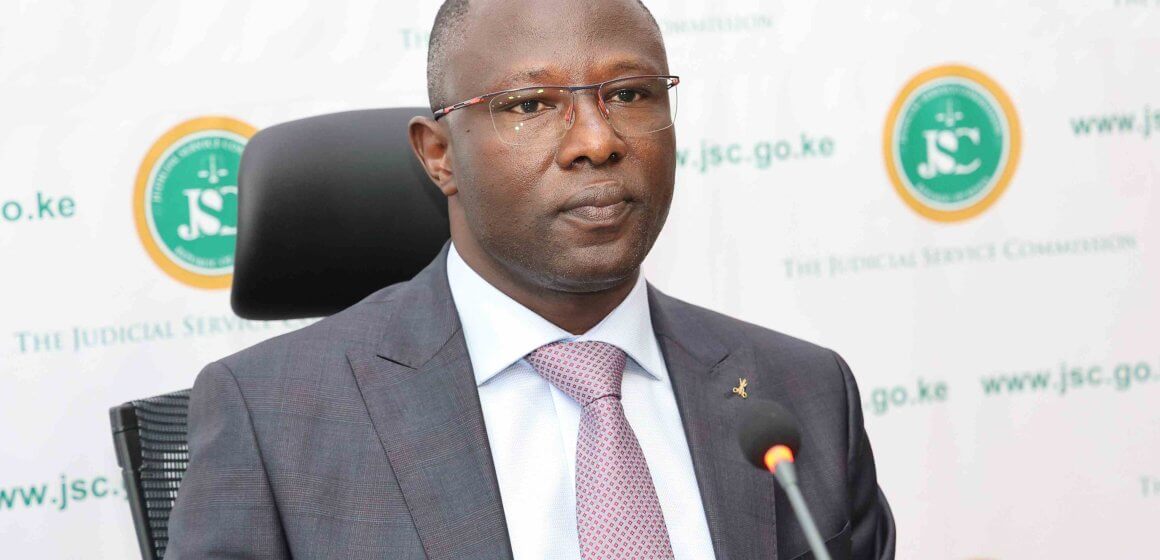


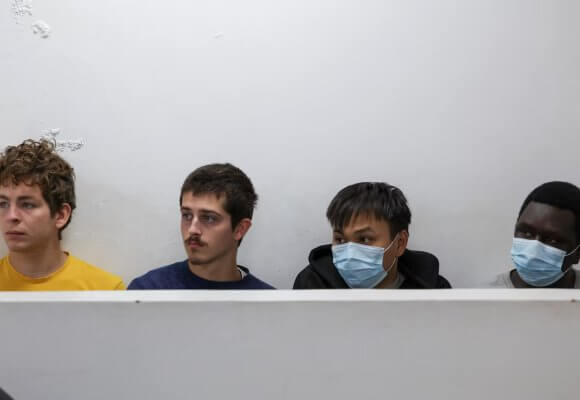

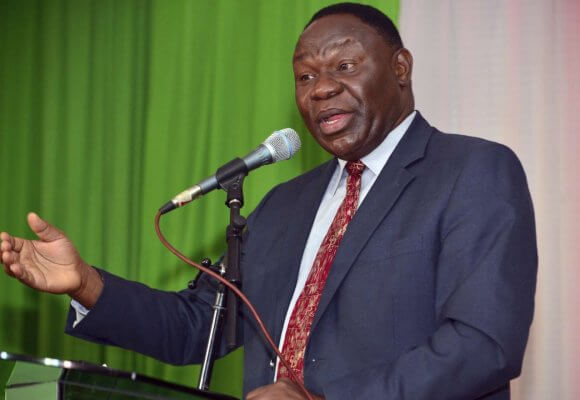
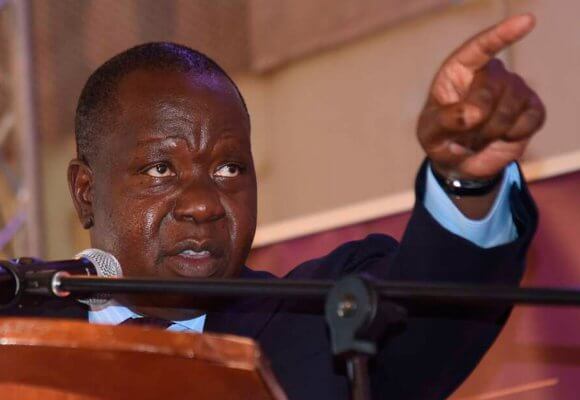



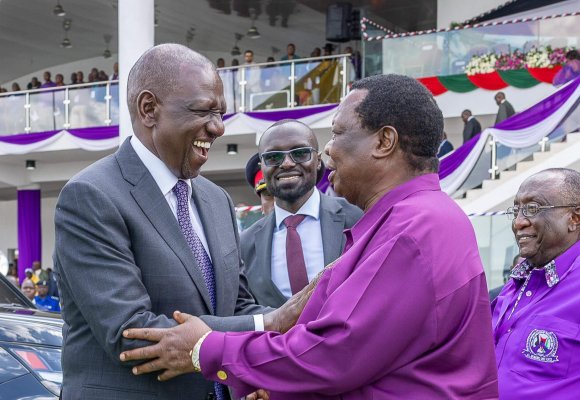
LEAVE A COMMENT
You must be logged in to post a comment.